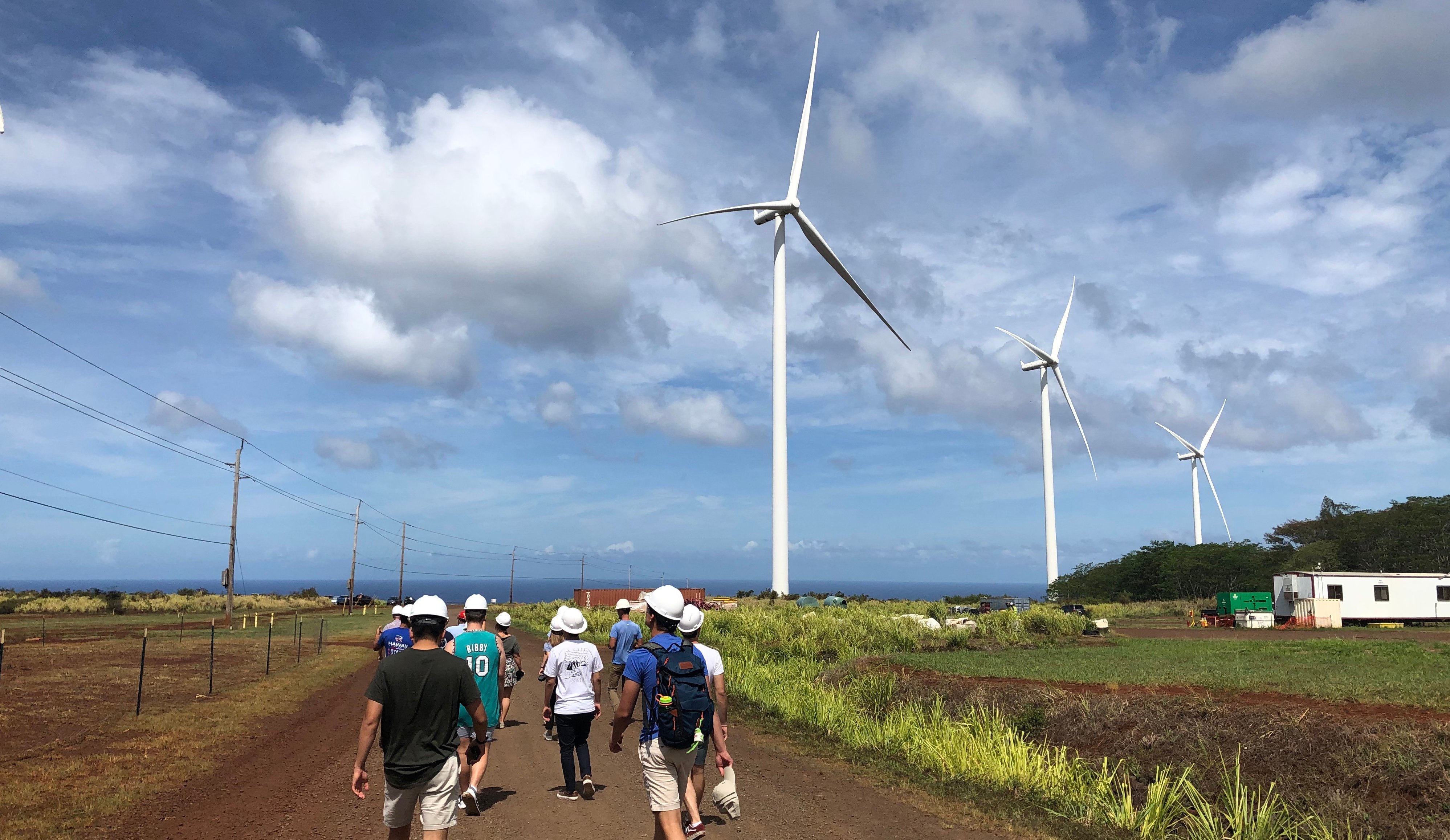To the Editor:
All of us at the Bill Lane Center for the American West were excited to see Zac Stoor’s op-ed in The Daily last month that made a “case for rural studies at Stanford.” Stoor correctly noted that a very small number of courses in Stanford’s catalog use “rural” as a keyword. While we agree that the University’s rural course offerings must be more robust, we also wanted to offer a road map of our work on the rural West, and how rural studies may be considered more expansively.
One of our favorite programs in rural studies is the Lane Center’s annual Sophomore College, a field course that takes a group of twelve rising sophomores to various locations in the American West, many of which are rural. For example, in September 2018 Lane Center Director Bruce Cain and Buzz Thompson of the Law School co-taught “Fighting Over Our Common Heritage: Public Lands in the West,” which took students on a trip through rural Utah to meet with a variety of stakeholders, including federal agencies, tribes and nonprofit organizations. The course allowed students to explore the complicated puzzle of public lands management. In September 2017, Professor Cain, along with Professors David Freyberg (Civil and Environmental Engineering) and Sally Benson (Energy Resources Engineering) led “Water and Power in the Pacific Northwest: The Columbia River,” in which students visited urban and rural communities in the Columbia River Valley in Washington and Oregon to consider the challenges and impacts of water and energy management in the region. Although the Sophomore College program has been on hiatus due to the COVID-19 pandemic, we look forward to safe travels in the near future — expect an announcement about a Columbia River course again soon.
Outside of scheduled courses, our center also works with a number of undergraduate students on research projects. Since summer 2020, Hannah Kelley and Aja Two Crows have been producing a podcast about Native American health and the coronavirus pandemic, comparing the rural Navajo Nation with urban Seattle. Sarah Ondak embarked on a photography project in summer 2019 that considered rural mining towns in Colorado. Lila Mack recently worked on a community-based project considering how to best serve and communicate with low-income Latinx communities, including farmworkers, during crises like wildfires and COVID-19 in California. These are only a few highlights, a few of the possibilities. The Center also sponsors internships, some of which allow students to work with organizations in rural areas such as Yellowstone National Park or the Henry’s Fork Foundation in Ashton, ID. Additionally, we have worked with the Haas Center for Public Service to co-sponsor the Exploring Rural America speaker series, a student-initiated series that spotlighted various topics related to rural America — bringing a public-facing, outreach lens to rural studies.
Our Center also sponsors the annual Eccles Family Rural West Conference, in which scholars and practitioners convene in rural or rural-adjacent locations like Santa Fe, NM, and Yakima, WA. Recent conferences have focused on rural health, collaborative governance and amenity migration. Videos and recaps from these conferences are available on our website, and the first Rural West Conference, in Ogden, UT, led to the publication of an edited collection, Bridging the Distance: Common Issues of the Rural West (University of Utah Press, 2015).
Rural studies at Stanford can be discovered not just in the course catalog, but also in expansive, practical, co-curricular and extracurricular ways. We encourage any students with an interest in the rural West to email us (Stephanie Burbank, sburbank ‘at’ stanford.edu) about getting involved. The Bill Lane Center places rural studies front and center.
— Bill Lane Center for the American West Staff
